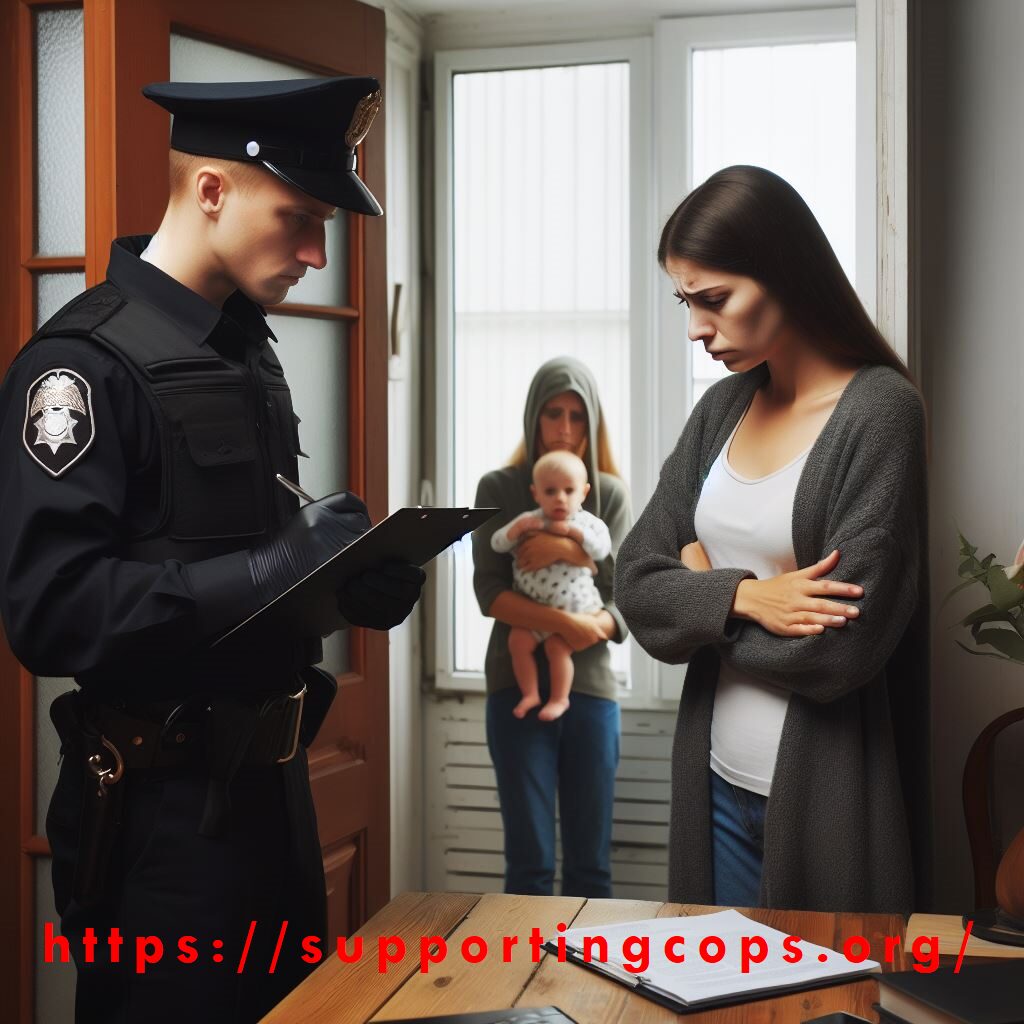When Do Police Report to CPS?
Child Protective Services (CPS) plays an essential role in the safety and well-being of children.
Investigating Reports of Abuse and Neglect
These agencies are responsible for investigating reports of child maltreatment, which can encompass physical, sexual, or emotional abuse, as well as neglect in various forms.
Critical Importance of Child Welfare
CPS aims to ensure that the welfare of children remains a top priority. Their interventions can be crucial lifelines for youth in unsafe environments.
The Police-CPS Connection
When police officers encounter situations involving children that raise concerns about their safety, well-being, or the potential for abuse or neglect, they have a duty to report to CPS.
Shared Mission to Protect Children
This connection between the police and CPS ensures that both law enforcement and child welfare agencies can work together to protect the most vulnerable members of our society.
When Police Must Report to CPS
Police are required to make an immediate report to CPS under several specific circumstances:
Types of Abuse and Neglect
Physical Abuse
Any visible signs of injury, unexplained bruises, welts, or marks that could be indicative of physical harm.
Sexual Abuse
Any indication or disclosure that a child may have been sexually abused or exploited.
Emotional Abuse
Observations or disclosures of harm to a child’s mental or emotional well-being, including extreme parental rejection, ignorance, chronic spousal abuse in the child’s presence, or overt psychological torture.
Neglect
This could manifest in various ways, such as a child being consistently dirty, expressing hunger, living in hazardous conditions, being left unsupervised, or not receiving necessary medical care.
The Reporting Process
When police make a report to CPS, it isn’t just a simple call. They must provide:
Detailed Information
This includes the child’s name, age, location, and any other relevant details.
Circumstances of Encounter
Why were the police involved? Was it a routine check, a call for a disturbance, or something else?
Observations
What did the police officer see or hear that raised concerns about the child’s welfare?
Collaborative Approach
Once CPS receives this report, the ball is in their court.
Assessing the Situation
They will assess the information, decide on the urgency of the situation, and determine next steps.
Determining Interventions
CPS will conduct an investigation to establish if the child is safe or if further interventions are required.
Focus on Child Safety
It’s essential to understand that both the police and CPS have the child’s best interest at heart. Their collaboration ensures prompt protection for children at risk.
Our Shared Responsibility
As community members, it’s our shared responsibility to remain vigilant, prioritizing child welfare and safety.
Remaining Vigilant
We must be aware of potential harm and risk factors affecting children.
Prioritizing Child Welfare
We should ensure every child has the opportunity to grow up in a safe and nurturing environment.
The Takeaway
The police-CPS partnership is a testament to our societal commitment to protecting children.
A Vital Partnership
When officers suspect abuse or neglect, they don’t hesitate. They report to CPS.
First Line of Defense
In doing so, they often become the first line of defense in a system designed to keep children safe.
Conclusion
The collaboration between law enforcement and child welfare services remains vital for shielding our most vulnerable. We all have a part to play in this mission. It starts with recognition of signs of harm, quickly followed by action steps to report and intervene. By working together, we can build safety nets that ensure no child falls through the cracks.
FAQs
Q: Why do police get involved with CPS?
A: Police get involved with CPS whenever they encounter situations where children seem to be suffering from abuse, neglect or are in unsafe conditions. They are mandatory reporters, required to notify CPS promptly so investigations can occur.
Q: What constitutes as child maltreatment?
A: Child maltreatment encompasses physical, sexual and emotional abuse. It also includes varying types of neglect – physical, educational, emotional and medical. Any actions or inaction resulting in harm or potential harm to a child.
Q: Can anyone else report to CPS?
A: Yes. Although certain professions like police, teachers and doctors are mandatory reporters, anyone is encouraged to report suspected child maltreatment. Neighbors, friends, family can save a child’s life by speaking out.






